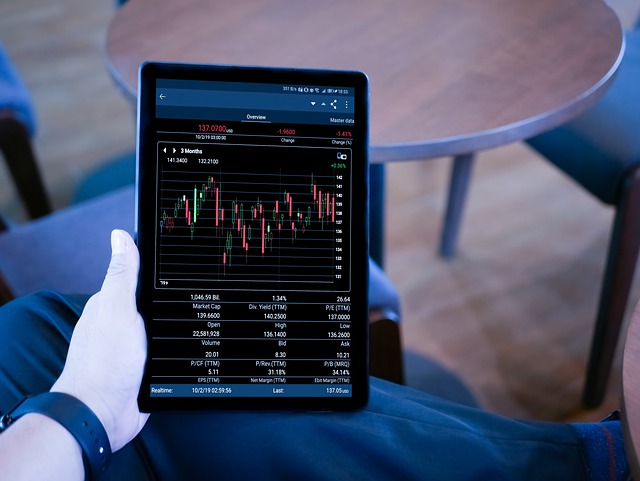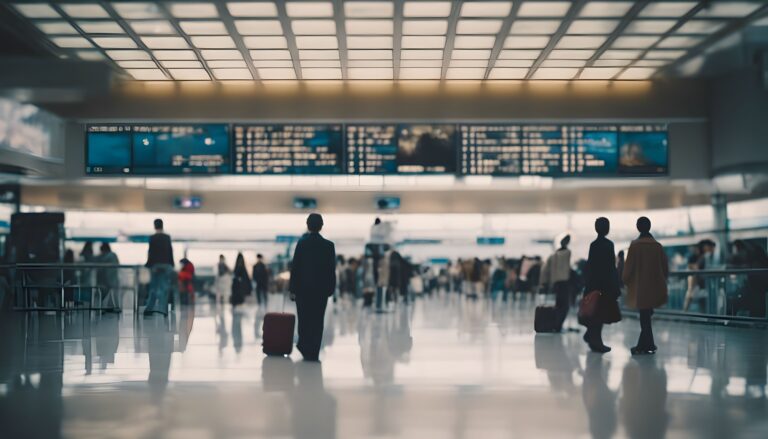In recent days, the specter of a potential U.S. default has sent shockwaves throughout global markets, sparking widespread concern and uncertainty. As talks between political leaders resume, investors and economists anxiously await a resolution to avert what could be a catastrophic financial event. With the world’s largest economy teetering on the edge, the stakes are high, and the implications are far-reaching.
The United States, long considered a pillar of stability in the global financial system, faces the imminent risk of defaulting on its debt obligations. This dire scenario has emerged due to a protracted political deadlock over the federal budget and debt ceiling. Failure to reach a bipartisan agreement on raising the debt limit could result in a government shutdown and the inability to meet debt payments, causing a default on U.S. Treasury bonds.
The repercussions of a U.S. default would be felt worldwide. The interconnectedness of today’s global economy means that financial markets in every corner of the world are intertwined. As such, the mere suggestion of a default has sent shockwaves through international stock exchanges and bond markets. Investors are bracing for potential turbulence, scrambling to adjust their portfolios and hedge against the looming uncertainty.
The primary concern is the ripple effect that a U.S. default could trigger. U.S. Treasury bonds, considered one of the safest investments, serve as the backbone of the global financial system. They are held by governments, central banks, institutional investors, and individuals across the globe. A default would shatter confidence in the reliability of U.S. debt and undermine the perceived stability of the entire global financial architecture.
The potential consequences are numerous and far-reaching. First and foremost, global financial markets would experience heightened volatility, with stock prices plummeting and bond yields soaring. Investors would flee risky assets and seek safe havens, causing disruptions in currency markets and increased demand for gold and other alternative stores of value.
The effects would not be limited to financial markets alone. The U.S. dollar, as the world’s reserve currency, could face significant devaluation, leading to higher import costs for countries heavily reliant on imports denominated in dollars. Emerging markets, already grappling with their own economic challenges, would be particularly vulnerable, facing capital outflows, currency depreciation, and potential liquidity crises.
Moreover, the global economy, still recovering from the impact of the COVID-19 pandemic, could be pushed into a downward spiral. The disruption caused by a U.S. default would hamper global trade, hinder investment, and undermine business and consumer confidence. A sharp contraction in economic activity would have cascading effects, potentially leading to job losses, reduced productivity, and a prolonged recession.
Recognizing the severity of the situation, policymakers and financial leaders worldwide are closely monitoring the developments in Washington. There is an urgent call for political leaders to put aside their differences, prioritize the stability of the global financial system, and reach a timely resolution. The consequences of inaction or a delayed agreement are too grave to ignore.
While concerns over a U.S. default risk grip global markets, there is still hope for a favorable outcome. The United States has faced similar challenges in the past, and bipartisan agreements have ultimately been reached to avert disaster. The resilience of the U.S. economy and the underlying strength of the global financial system should not be underestimated.
Nonetheless, the uncertainty and potential ramifications of a U.S. default loom large. The coming days and weeks will be critical in determining the path forward. For now, investors, businesses, and individuals around the world remain on edge, hoping for a swift resolution that will restore stability and alleviate the current grip of fear that has enveloped global markets.












